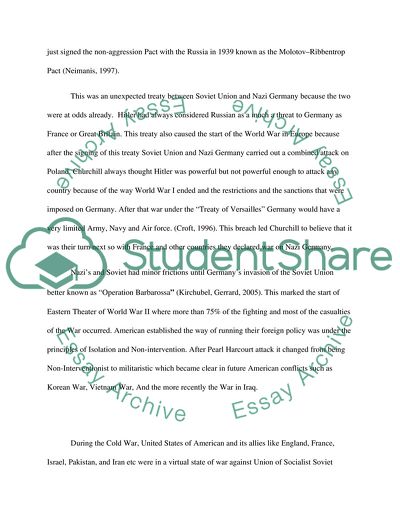Cite this document
(20th Century in the Light of International Relations Research Paper, n.d.)
20th Century in the Light of International Relations Research Paper. Retrieved from https://studentshare.org/history/1734501-international-relations
20th Century in the Light of International Relations Research Paper. Retrieved from https://studentshare.org/history/1734501-international-relations
(20th Century in the Light of International Relations Research Paper)
20th Century in the Light of International Relations Research Paper. https://studentshare.org/history/1734501-international-relations.
20th Century in the Light of International Relations Research Paper. https://studentshare.org/history/1734501-international-relations.
“20th Century in the Light of International Relations Research Paper”, n.d. https://studentshare.org/history/1734501-international-relations.


